Various trade union leaders have claimed that 33 lakh central government employees have rejected Modi government’s overall 23.5 percent pay hike bonanza based on Seventh Pay Commission recommendations and would go on indefinite strike from 6 am, 11 July. Some union leaders are advocating for going on strike from July 4.
The argument put forth by the Confederation of Central Government Employees is they deserved much more, not just pay but other benefits; what they got is only crumbs. Angry with the government, they have a right to ensure that all official work is put to a grinding halt till their “genuine” demands are accepted. They want to make the government feel the heat – stop railways from running, stop power supply and such others things that would generate popular hue and cry — also headlines and, therefore might force the government to yield.
The silver lining, however, is there that even unionists realise that some of their demands are irrational and the strike call is a bargaining chip vis-à-vis the government. They are aware that if the strike is actually called from 11 July and goods and services are affected as they are claiming now, popular ire would turn against them. They will have a difficult time explaining why government employees deserve preferential treatment in terms of perks and privileges, while in service and post retirement.
No employee union or trade union worth its name could endorse what government announced. The problem is it things have just gotten more competitive.
It is a fact that irrespective of the Government’s decision on hike 23.5 percent, which in some cases is more than double or whatever hypothetical figures one may think of, employees union, trade unions of various hues would have made same noises and threatened to strike. They exist and claim to be relevant because they can call a strike of whatever numbers, in whatever sector, in whatever region. In the bargain, the leaders get some of their demands fulfilled, personal and at times for the affiliate members.
The conventional argument is that government employees deserve more perks, privileges and social security norms than their counterparts in private sector because they are in ‘service’ of the nation. Lesser mortals in organised and unorganised sectors are ‘merely doing a job’.
Government employees also have the security — social and organisational — which their counterparts in government jobs don’t have. Government employees, especially those in central government are superior human beings and brass in the government has to bend each time they call a ‘bandh’ and shout ‘murdabad’. Government employees also have the privilege of ‘rejecting’ the Seventh Pay Commission hike and still receive enhanced pay, other privileges ad arrears without any hitch. To understand the meaning of rejecting the hike, these government employees need to move out of the protective shield of “government employment.”
The pay hike announcement was followed by another one that a committee of secretaries would be constituted to look into grievances.
On Wednesday, the government issued an official statement:
“In the past, the employees had to wait for 19 months for the implementation of the Commission’s recommendations at the time of 5th CPC, and for 32 months at the time of implementation of 6th CPC. However, this time, 7th CPC recommendations are being implemented within 6 months from the due date. It will come into effect from 01.01.2016. The recommendations will benefit over 1 crore employees. This includes over 47 lakh central government employees and 53 lakh pensioners, of which 14 lakh employees and 18 lakh pensioners are from the defence forces.”
The annual financial burden of revised pay and pension will be Rs 102100 crore. The gratuity ceiling stands enhanced from Rs 10 lakh to 20 lakh. The ceiling on gratuity will increase by 25 percent whenever dearness allowance rises by 50 percent. The Cabinet also enhanced ceiling of house building advance from Rs 7.5 lakh to Rs 25 lakh. All but four interest-free advances have been abolished.
Central and state government employees are the ones who get pension and each time pay of serving employees is hiked, a pensioner’s pension is also hiked. They also have other post-retirement facilities like health care. The number of pensioners (53 lakh) is higher than number of serving employees (47 lakh). A middle ranking government employee on his retirement said, “Sarkari naukar jinda toh lakh ka mara to sava lakh ka (A retired man worth more than a serving one).” He gave a long reasoning why he and likes of him thought so. Those arguments couldn’t be contested.
Pension and post-retirement health care benefit is a privilege in India only for government employees (state and central). That explains why government service as against a job has traditionally been held on a premium. Finance Minister Arun Jaitley said, “The fifth and sixth pay commissions had narrowed the gap between salaries paid in the private and government sector. Quoting from an IIM-Ahmedabad study he said it “found that pay in the government sector is distinctly greater than that in the private sector so there can’t be protests from employees.” He was basically comparing the salaries of class IV and III employees in government and private sector.
The Government knew that after a pay and pension hike would be announced, unionists will cry hoarse of injustice committed on them, some others would want anomalies to be rectified and parity be restored. To remedy that, the Union Cabinet has set up four committees — first to look into the implementation issues anticipated; second will go into the likely anomalies; third committee to examine the recommendations on allowances, which have largely been kept on hold and fourth to suggest measures for streamlining the National Pension System.
The committees consisting of secretaries will of course negotiate with the bureaucrats but ultimately this has to be resolved at political level. Shiv Gopal Mishra, general secretary of All India Railwaymen’s Federation told Firstpost: “Since 1974, wheels of Indian Railways have never been halted. We are responsible organisations. Strike is our last resort. There are issues and we are very agitated about that. But we hope that government and Prime Minister in particular will find a resolution to that. The issue may be negotiated at bureaucratic level but can’t be resolved without political intervention.” Mishra’s word keeps the hope alive that come 11 July, there wouldn’t be chaos in the country.


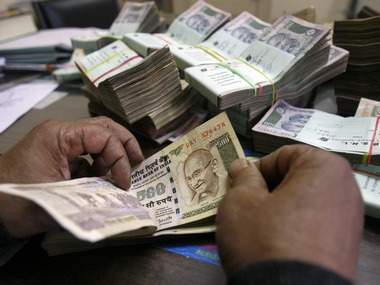)




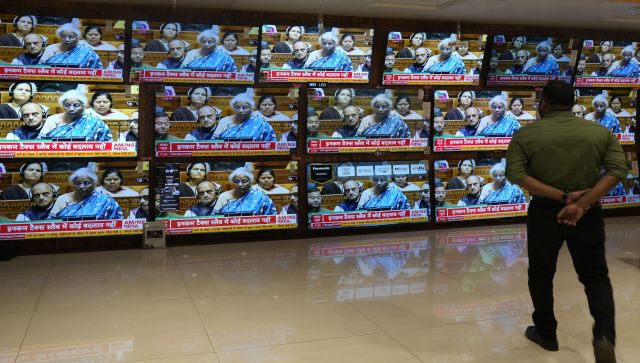)
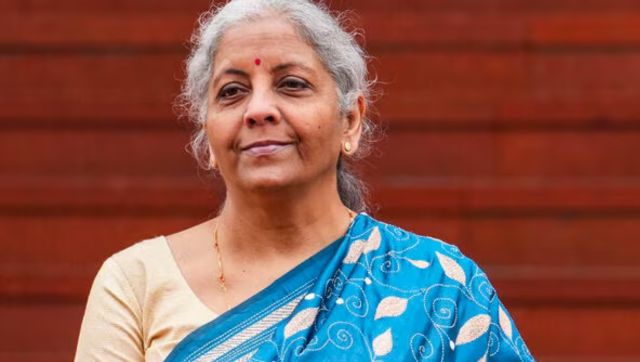)
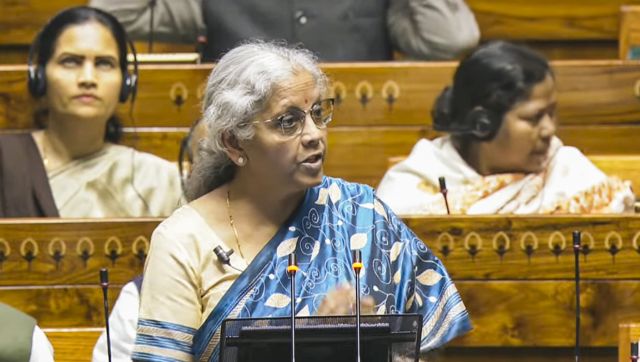)
)
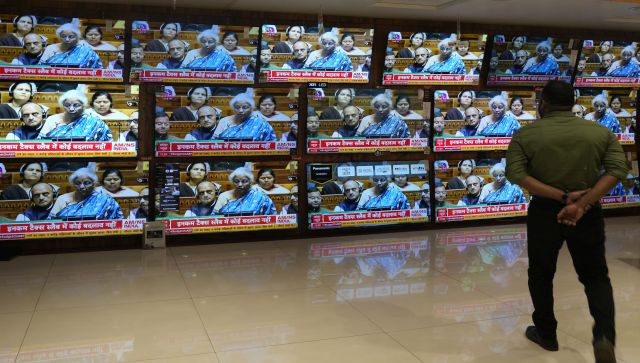)
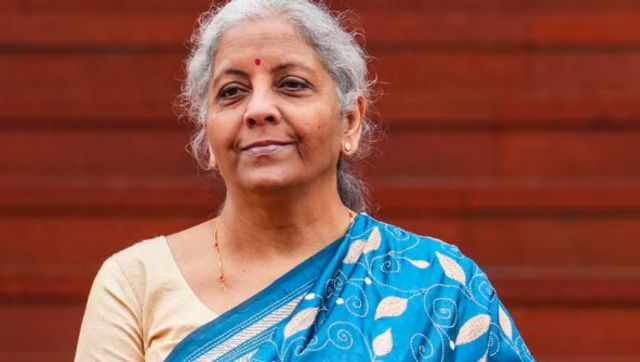)
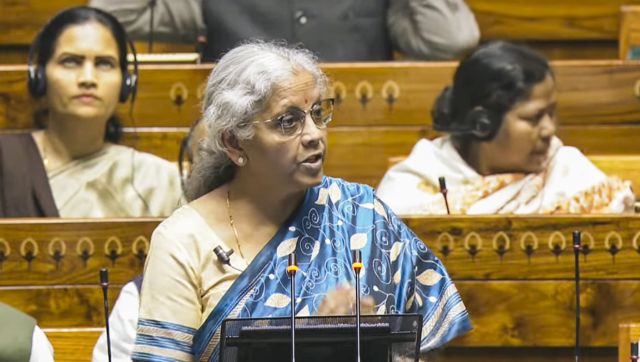)
)